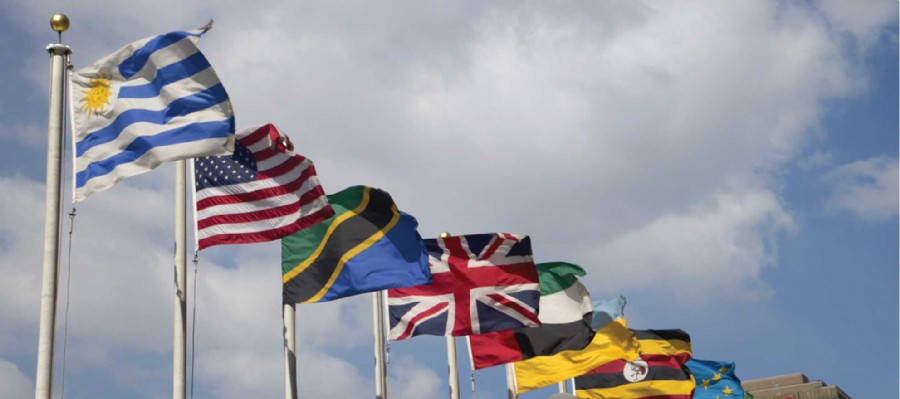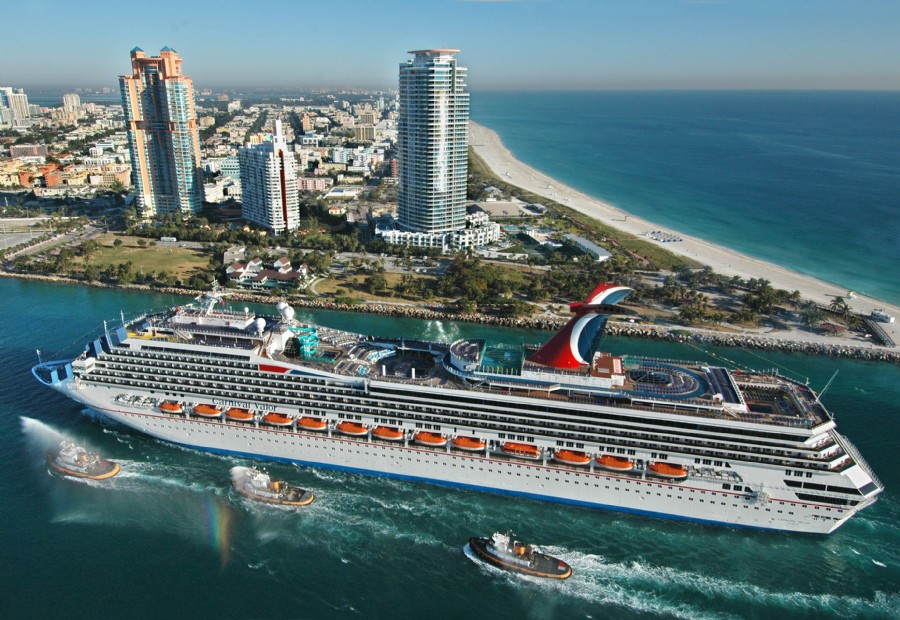Hotel industry is a segment that feeds about 85% of tourism in Europe. The industry has grown by 3.5% annually over the last 7 years, with an increase in average spending per customer of more than 2%, according to Oriol Peña, Head of Operations at HI Partners.
According to the travel professionals gathered at the October edition of the Mediterranean Resort & Hotel Real Estate Forum (MR & H), the geopolitical situation of the Mediterranean area has greatly distorted the implicit growth in the demand for hotels, with the greatest increases being concentrated mainly in Spain and, to a lesser extent, in Greece to the detriment of destinations such as Egypt, Turkey and Tunisia.
Oriol Peña said: "The hotel industry was underdeveloped in terms of strategy and positioning, focusing on a general offer centered in the first place on multi-segment customers, with a very standard range of complementary services and in properties with large stocks of rooms.
This trend is changing and in recent years, the offer started to fragment in search of specialization, both in the provision of services, typology and customer profile," said the expert.
He explained that this happens because there is a great demand for niche products with a profitability up to 175% higher than regular products. For example, in Europe, health and wellness resorts are expected to grow 50% above the rest of standard products in the coming years.
Another example is the inclusion of Villas and Branded Residences within more premium products, which is allowing to optimize the room inventory achieving much higher ADR's.
Compared to other types of products, the ability of the hotel industry to generate additional income (food, beverages, wellness and sport activities among others) is very high.
"In some cases, they can account for 65% to 70%, which in terms of total revenue per available room (revPAR) implies a clear advantage to this type of products compared to lifestyle or family products outside the resorts sector, whose sales are much more linked to the rooms (at least 60% to 65% of them),” said Oriol Peña.
Currently, hotel industry in Europe is facing a transformation process in order to get adapted to new products, services, and distribution trends. These trends are generated by a changing base of clients that continues in growth.
Regarding the brands and operators, it is also a rather fragmented sector, especially in Spain, where international brands coexist with domestic brands of global presence, as well as local and private label operators whose distribution is mainly controlled by tour operators. They have guaranteed certain business levels during recession, but on the other hand “the tour operators prevent the hotels from taking advantage of the moment of the market cycle we are currently on," said Oriol Peña.
In fact, Javier Arús, head of the hotel segment of Azora Group, says that after the crisis the investment model in Spain has changed. "Currently, around 70% of the industry in Spain is under the ownership and operator agreements; approximately 20% continue under fixed lease agreements; and the other 10% are subjected to other management models and variable rental contracts, franchise, etc.," said the expert.
The hotel industry experts at the congress stated that the opportunities and challenges of the sector require specialization and new proposals focused on experiences of more general products.
Regarding the specialization of services and experiences, professionals pointed out the importance of the cooperation with the sub-operators specialized in certain services. In this sense, Javier Arúsd says that the trend is gravitating towards multi-operators in a single resort: "There is an increasing tendency for specialization and what's shaping out as the future is that there will be different suppliers in the same space, managing different elements of the resort: the traditional hotelier for the accommodation aspect; companies that manage entertainment; another manager of the gastronomic area; and another that manages the experiences and activities, for example ".













